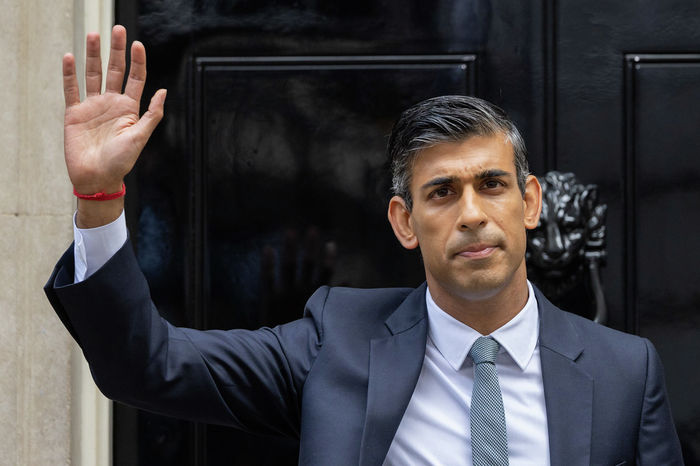Breaking down STEM Superiority: The Experience of a Medic intercalating in Humanities
Prompted by recent discussions on Camfess and Oxfess about the superiority of STEM, Science Writer Toby (a medic currently intercalating in history) shares his perspective.

One of the big decisions medical students have to make during their undergraduate degree is what subject to take during their 3rd year. For a lot of students, this boils down to whether they want to do a project and write a paper or take a ‘year off’ and try and enjoy life in Cambridge after a hectic 2nd year. For me, what better way to take the year off than by doing history?
So, what’s the deal with STEM, why would I have ever wanted to leave? Somewhat fitting with the alleged ‘grind mindset’ attributed to STEM students, STEM can be a really draining degree. I found 2nd year medicine did move at a relentless pace, jumping from contact hour to contact hour with little breaks in between. Pre-clinical medicine started to feel stagnated, parroting facts and working through methodical problem sheets. The promise of something new and alluring, with a more free-form structure and seemingly optional lecture timetable became all too intriguing. It’s naturally intimidating taking up something new, especially within the competitive sphere of Cambridge, but for me it seemed worth the risk.
“I’ve finally got to see how hard Humanities can be, and while it’s very different to STEM it is by no means a free ride”
How people react to my transition to history seems to hint at the dichotomy between STEM and humanities. STEM students mostly seem relatively unbothered, more interested how I’m spending all my new free time. Humanities students on the other hand seem impressed and excited to hear how I’m finding the new degree. This discourse has been seething on the University of Oxford ‘confessional’ Facebook page recently, the alleged superiority of STEM over humanities. I’ve finally got to see how hard humanities is, and while it’s very different to STEM it is by no means a free ride. Other humanities students’ reactions show this, as the prospect of fitting 3 years’ worth of skill acquisition and essay writing practice into 1 year is not necessarily any easier for a historian than it is for an engineer.
In what other ways do medicine and history differ outside of the intellectual pursuit? Ironically, given the stereotype of humanities as a social degree, I’ve found history has been a much lonelier experience than medicine. The constant contact of medicine meant I was always busy, with short-term but manageable deadlines constantly through the week. Lectures and practicals are a social event, with the whole cohort gathering daily and a great time to catch up with friends in and out of college. Motivation and discipline are key as a humanities student, in contrast to medicine I will typically have 2 big deadlines a week and maybe a similar amount of lectures. Free time becomes its own burden, as becomes hard organise yourself around nothing. This all paints a very sad picture, but I’m also having the best year of my university experience so far. History does give me time to relax and engage with friends, as well as myself. I’m by far the fittest I’ve been at university, and have become much more proactive in my social life. Honing the skills to make and allocate time both for work and yourself is crucial, and while a STEM degree does this form you the ability to make these decisions while studying a humanities degree is somewhat hard but also a skill worth having (and valued by employers!).
“Critical thinking and motivation from studying history will be so useful at clinical school and beyond”
A lot of people ask what I hope to get out of a history degree, given I’m still planning on heading to clinical school next year to resume my medical degree. At its most basic, rather than a year off it’s more that I’m hoping I’ll be refreshed and excited for clinical school after a year of doing something different. In a six year long course, a little bit of change is a good thing. Critical thinking and motivation are also so much more important when working predominantly through essays, and these skills will be so useful at clinical school and work beyond. Despite the idea of humanities as having the potential to be lazy, I’ve become much more productive this year as a result of changing my work habits and adapting my way of thinking. Overall, I know when I look back on this year, I’ll miss it.
This is by no means a piece against medicine or STEM, or a love letter to humanities and history. But having been part of both camps, it’s helped me appreciate the differences between the two. Studying science is still my overall passion, but I’m grateful I had the chance to at least try my hand at history. At 21 I still think it’s too early to specialise, and this year has helped broaden my education substantially. For anyone who is ever tempted to make a temporary or even permanent redirection, don’t let the rhetoric and distinctions between STEM and humanities stop you.
 News / Colleges charge different rents for the same Castle Street accommodation2 March 2026
News / Colleges charge different rents for the same Castle Street accommodation2 March 2026 News / King’s hosts open iftar for Ramadan3 March 2026
News / King’s hosts open iftar for Ramadan3 March 2026 Theatre / Lunatics and leisure centres 4 March 2026
Theatre / Lunatics and leisure centres 4 March 2026 News / Angela Merkel among Cambridge honorary degree nominees27 February 2026
News / Angela Merkel among Cambridge honorary degree nominees27 February 2026 News / Private school teacher who lied about Cambridge degree barred from teaching27 February 2026
News / Private school teacher who lied about Cambridge degree barred from teaching27 February 2026









